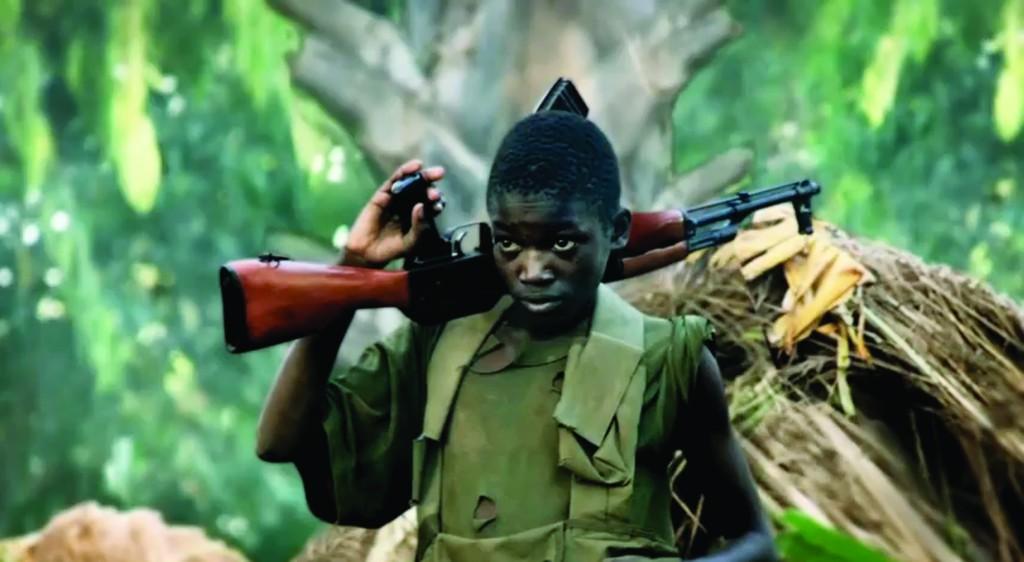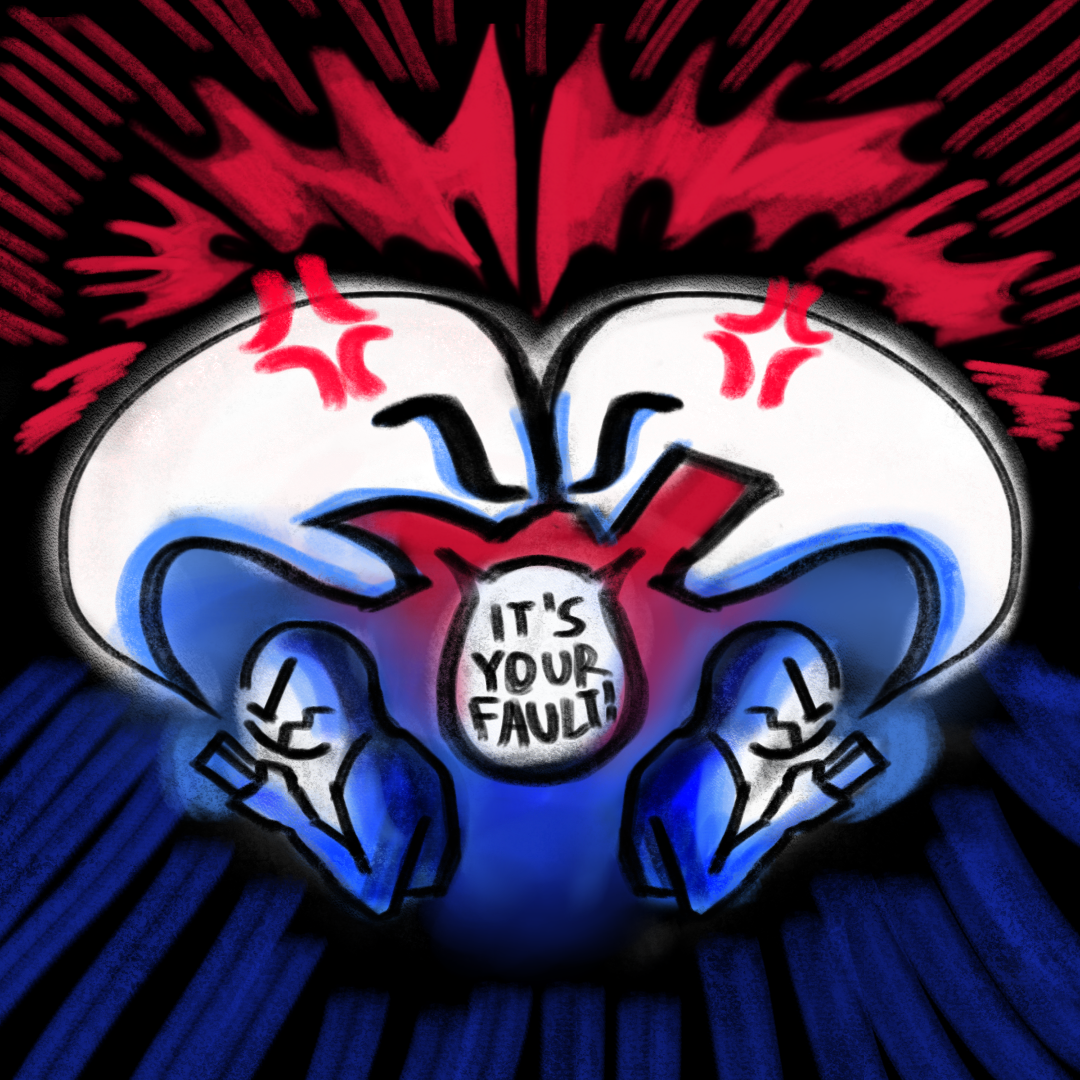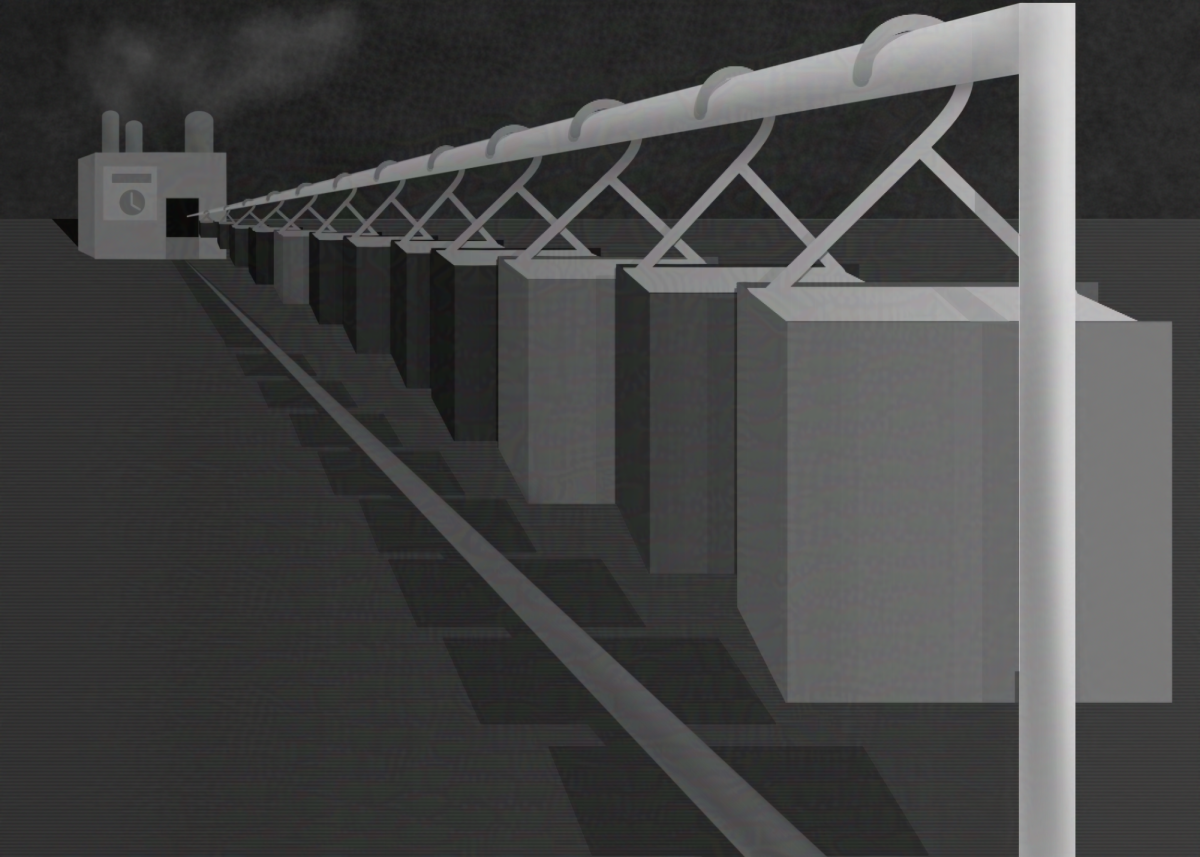
By Chris Pocock and Heather Rushall
By now we’ve all seen the viral YouTube video titled “KONY 2012,” created and dispersed by San Diego-based organization Invisible Children. At the time this column was written, the video reached more than 74 million views. The 28-minute film outlines the history of Joseph Kony, commander of a small rebel group of fighters called the “Lord’s Resistance Army” in Uganda, and his recruitment of abducted children for sex slavery and a personal army of young boys.
But while many regard the video’s sheer number of views as a sign of its success, I see a darker side of the film. Beginning with the well-made half hour of propaganda is the birth of IC’s founder Jason Russell’s son. Shortly thereafter, Russell exploits the innocence of his five-year-old son to pluck at viewers’ hearts by showing him photographs of Kony and explains to him what this “bad guy” does in Uganda.
I’m not the only one who finds the group to be less-than-impartial in its approach. San Diego State professor and expert on Ugandan politics, Adam Branch, said it best in his editorial in Dissent Magazine: “My frustration with the group has largely reflected (these) concerns … the warmongering, the self-indulgence, the commercialization, the reductive and one-sided story it tells, its portrayal of Africans as helpless children in need of rescue by white Americans … This, of course, is sickening, and I think that ‘Kony 2012’ is a case of Invisible Children having finally gone too far. They are now facing a backlash from people of conscience who refuse to abandon their capacity to think for themselves.”
Many of our concerns are echoed in Branch’s thoughtful critique. Even further, we’re disturbed by the strategies IC has for dealing with Kony and the Lord’s Resistance Army. Truly, the youth in Uganda are being mistreated and perhaps kidnapped in the middle of the night to be unwillingly trained as killers, but the group’s contributions are intended to promote military intervention and fund military action by the Ugandan People’s Defense Force — a group that has been publicly accused of rape and looting itself.
According to “Visible Children,” another site that went viral last week criticizing the “war” against Kony, IC supports the Ugandan army saying it is “better equipped” than other countries. Combating violence with further violence, however, is a strategy destined for failure — something the public should have learned by any number of previous military interventions this country has performed in the past. And it’s an especially ineffective strategy given the fact that Kony has not been in power in Uganda since 2006, which IC itself has previously acknowledged.
Then we come to the financial factor. Last year, IC raised more than $8.6 million, but less than 37 percent of that money made its way to Uganda and the cause. Because the organization is a nonprofit, its financial documents are public and can be viewed by anyone. And they have been. But Charity Navigator, a site that scores organizations on a zero to four star basis, gave IC a rating of two in accountability because of its lack of transparency via an external auditor.
Maybe we wouldn’t have such a problem with this organization if it weren’t for how much the CEOs are benefiting. When delving deeper into the organization’s tax documents, the three main members — founders Russell, Laren Poole and CEO Ben Keesey — each made more than $80,000 last year.
But even beyond the financial nonsense is the muddled history of the conflict IC chooses to present. What’s lost in the history behind Uganda’s struggles is the fact that this conflict is not the result of Kony alone. Yoweri Museveni, the four-term president and tyrant of Uganda, has also been the subject of much scrutiny and publicity throughout the years, including the use of guerrilla politics and shady legislation to keep himself in power — yet no one has created a social media hullabaloo to remove him from office. Maybe “Museveni 2012” doesn’t have the same ring as “Kony 2012,” but the point stands regardless.
Fortunately, IC addresses this issue in the “Critiques” section of its site. Unfortunately, it’s an attempt that’s as remarkably ballsy as it is outrageous and unbelievable. “In a 30-minute film,” the group said, “many nuances of the 26-year conflict are admittedly lost or overlooked … The film is a first entry point to this conflict for many, and the organization provides several ways for our supporters to go deeper in learning.”
This is followed by a lengthy response by the site that provides a thorough, detailed report about the abuses of the Ugandan government. Of course, that “detailed response” lasts less than three lines. Never in our lives have we seen such a half-assed attempt to cover one’s own one-sidedness.
The truth of the issue is that IC only gains by presenting the Ugandan conflict as a “good guy” vs. “bad guy” complex. Maintaining ignorance creates an illusion that simply throwing money at the issue — or, in the case of KONY 2012, reposting the video — will cause it to go away, to be solved.
We believe IC’s supporters are well-intentioned, and it’s not fair to criticize the organization completely for making the best use of its resources. Its recruitment of high school students has ensured it a passionate, though naive, base of followers seeking to create international change simply by the posting of a few posters and wearing KONY 2012 bracelets.
Ultimately, however, as long as IC chooses to present this conflict as one-sided, it will never accomplish long-lasting change. Even if Kony is killed or captured, a number of other issues Uganda hosts, which IC has failed to address, will take his place. IC, though well-intentioned, is a fad — our generation’s version of LIVESTRONG bracelets. Hear this, IC CEOs: Enjoy the money while it lasts. You can only prey on the naēveté of the American youth for so long.







